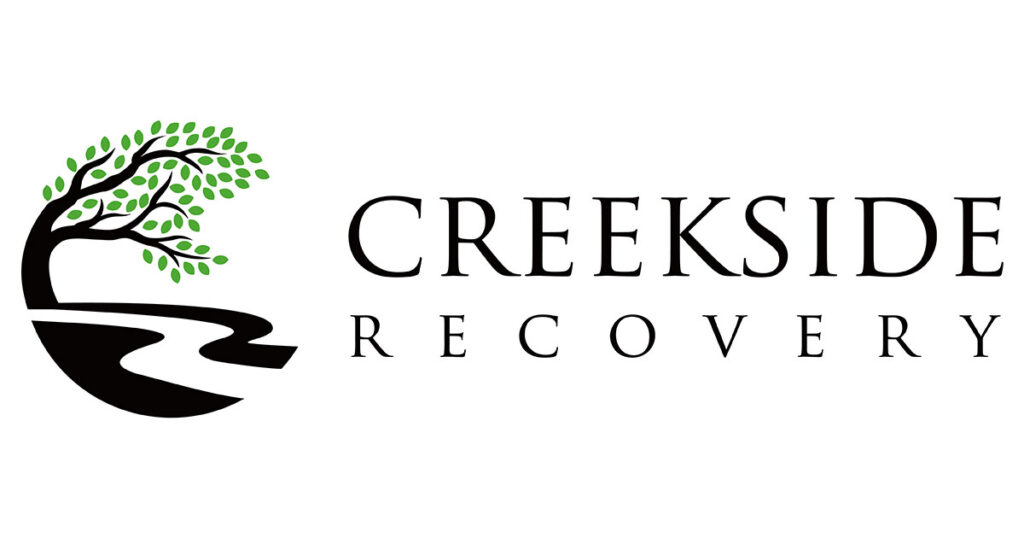
Exploring the Recovery Journey at Bay Area Rehab
For those seeking a transformation journey, Bay Area Rehab offers a unique blend of professional care and personal touch. Having devoted over two decades to the field, I’ve witnessed firsthand the profound impact such facilities can have. The emphasis on holistic healing–encompassing mind, body, and spirit–is what truly sets this place apart. Situated amidst the tranquility of Houston’s outskirts, this center is an oasis for healing.
The dedicated team here includes seasoned professionals like licensed therapists, psychiatrists, and compassionate counselors. Each member brings deep expertise and personal experience, ensuring that every patient receives a tailored treatment plan. It’s not just about treating the addiction, but understanding the root causes and developing coping mechanisms for sustained recovery.
What Are the Bay Area Rehab Treatment Programs?
Bay Area Rehab provides a spectrum of programs designed to cater to the diverse needs of individuals facing addiction challenges. The facility offers a blend of inpatient and partial day residential programs, emphasizing a structured yet flexible approach. These programs are specifically customized to align with individual recovery goals, providing support at every step of the journey.
Medically Assisted Detoxification is the first step for many entrants at Bay Area Rehab. Here, the detox process is carefully monitored by medical professionals to ease withdrawal symptoms safely.
Following detox, patients participate in Intensive Residential Treatment (IRT) and Supportive Residential Treatment (SRT) programs. These focus on deeper psychological rehabilitation and skill-building to manage addiction triggers effectively.
Offering diverse services such as individual and group therapy, anger management classes, and educational programs, Bay Area Rehab commits to a comprehensive recovery experience. This multidimensional approach ensures each individual receives the support and tools crucial for long-term sobriety.
Key Offerings of Bay Area Rehab
- 24/7 Medical Support and Monitoring
- Customizable Treatment Plans
- Gender-Specific Programs
- Post-Recovery Support and Counseling
- Insurance and Self-Pay Options
The Importance of a Holistic Approach
Health is more than just physical, and Bay Area Rehab recognizes the need for a holistic approach. Their program incorporates activities like yoga, meditation, and art therapy, enhancing emotional and spiritual well-being alongside physical healing. These practices play a significant role in reducing stress, improving focus, and fostering a connection between mind and body.
Quality nutrition is another cornerstone. The center prioritizes providing balanced meals that contribute to the body’s recovery and strengthen the immune system. An on-site nutritionist works with patients to establish eating habits that support their health goals.
Regular outdoor activities are encouraged to promote physical wellness. Patients participate in exercise routines and nature walks, integrating the therapeutic benefits of nature into the healing process.
Real-Life Case Studies: Success at Bay Area Rehab
During my tenure, I’ve seen transformative stories unfold. Take John, for instance–a former client who arrived battling severe substance abuse. At Bay Area Rehab, John participated in the specialized 90-day program. With consistent therapy and life skills training, John managed to rebuild not only his life but also repaired his strained family relationships. This facility provided him a new lease on life.
Equally inspiring is Lisa’s journey. Entering the women’s rehab program, Lisa benefitted from the gender-specific approach, finding solace and understanding among peers with similar experiences. Her recovery journey was enriched by group therapy sessions and the all-women support environment.
These stories underscore the impact of a compassionate, focused approach. Each success is a testament to the dedicated work done at Bay Area Rehab.
What Qualifies as a Bay Area Rehab Emergency?
A Bay Area Rehab emergency involves any immediate situation where an individual faces severe withdrawal symptoms, life-threatening reactions to substances, or imminent harm due to substance abuse. Immediate intervention is vital, and the facility is equipped to provide rapid medical and psychological assistance.
Steps taken during such emergencies include:
- Conducting a swift medical assessment
- Administering necessary medications
- Stabilizing the individual in a safe environment
- Facilitating immediate admission into a detox program
- Providing continuous monitoring and support
These steps ensure that individuals receive the care they need promptly, minimizing risk while initiating the recovery process effectively.
What makes the recovery journey at your facility unique compared to others?
Our facility offers a highly individualized treatment plan designed to cater to each person’s unique recovery needs. Unlike larger centers, our small-sized, intimate environment allows for a personalized approach where healthcare professionals can deeply engage with each resident. This setup facilitates genuine connections, which are pivotal for effective rehabilitation. I’ve had the privilege of witnessing how these deeper connections and the tranquil setting help residents focus on their recovery without the distractions often present in bigger institutions. How important do you feel personal connection is in the healing process?
How does a holistic approach enhance the recovery process?
Embracing a holistic approach means we consider the entire person, not just their addiction. At our center, we incorporate a range of activities, such as yoga, meditation, and nutrition planning, to support mental, physical, and spiritual well-being. This comprehensive strategy is backed by various studies highlighting how activities like yoga can reduce stress and improve emotional regulation. From my experience, clients who engage in these holistic activities often express feeling more grounded and better equipped to handle cravings. What kinds of holistic practices have you found beneficial in your life?
Can treatment programs be tailored to individual needs?
Absolutely, and this is one of our core strengths. Every person’s journey through addiction is unique, and so should their recovery plan be. We offer customizable programs that adapt to individual goals and challenges, ensuring that each person receives the support they need at their own pace. For instance, some may benefit from more intensive therapy sessions, while others might find healing through creative outlets like art or equine therapy. By focusing on personal stories and experiences, we help each client forge a path that feels right for them. What elements do you think are most important for customizing a recovery plan?
Why are gender-specific programs important in addiction recovery?
Gender-specific programs address the unique experiences and challenges that individuals face. Women, for example, might experience addiction differently due to societal pressures or trauma, necessitating tailored support. At our center, gender-specific groups provide safe spaces for sharing and healing, fostering an environment where clients feel understood and supported. From feedback, many women have expressed that these groups have helped them open up more freely, leading to deeper healing. How do you think gender-specific support could benefit those seeking recovery?
How do you handle emergency situations related to substance abuse?
We are fully prepared to deal with emergencies by offering immediate medical and psychological intervention. Our approach includes quick assessment and stabilization, ensuring that individuals receive the necessary care without delay. Real-time monitoring and a responsive team enable us to manage urgent situations effectively, reducing potential risks. My experience has shown that having rapid protocols in place not only saves lives but also reassures clients and their families. What are your thoughts on the importance of having an emergency plan when dealing with addiction?
What support is available after completing a treatment program?
Recovery doesn’t end after leaving our facility; it’s an ongoing process. We offer post-recovery support, including regular counseling sessions and support groups, to help individuals transition back into everyday life. This continued connection is crucial for maintaining sobriety and provides a network of support that clients can rely on. For example, many clients find value in our alumni network, which allows them to connect with others who understand their journey. How have you seen ongoing support make a difference in long-term recovery?
How do real-life case studies at recovery centers inform treatment programs?
Case studies provide invaluable insights into the effectiveness of various treatment approaches and can highlight areas for improvement. They help us understand the human side of addiction, shedding light on what truly works in transforming lives. For instance, we’ve learned from our clients like John and Lisa that combining traditional therapy with holistic practices can significantly enhance outcomes. Sharing these success stories not only inspires others but also guides our continuous improvement efforts. What role do you think success stories play in encouraging others struggling with addiction?
Resources
- Substance Abuse and Mental Health Services Administration (SAMHSA) – SAMHSA is the leading agency in the U.S. working to advance behavioral health and reduce the impact of substance abuse and mental illness.
- Addiction Center – Addiction Center provides information on various types of addictions, treatment options, and resources for individuals seeking help.
- National Institute on Drug Abuse (NIDA) – NIDA is a federal government research institute that conducts research on drug abuse and addiction to improve prevention, treatment, and policy.
- National Council on Alcoholism and Drug Dependence (NCADD) – NCADD is a leading advocacy organization addressing alcoholism and drug dependence issues, providing education, resources, and support.
- Psychology Today – Psychology Today offers resources and articles on mental health, addiction, therapy, and treatment options from licensed professionals.

